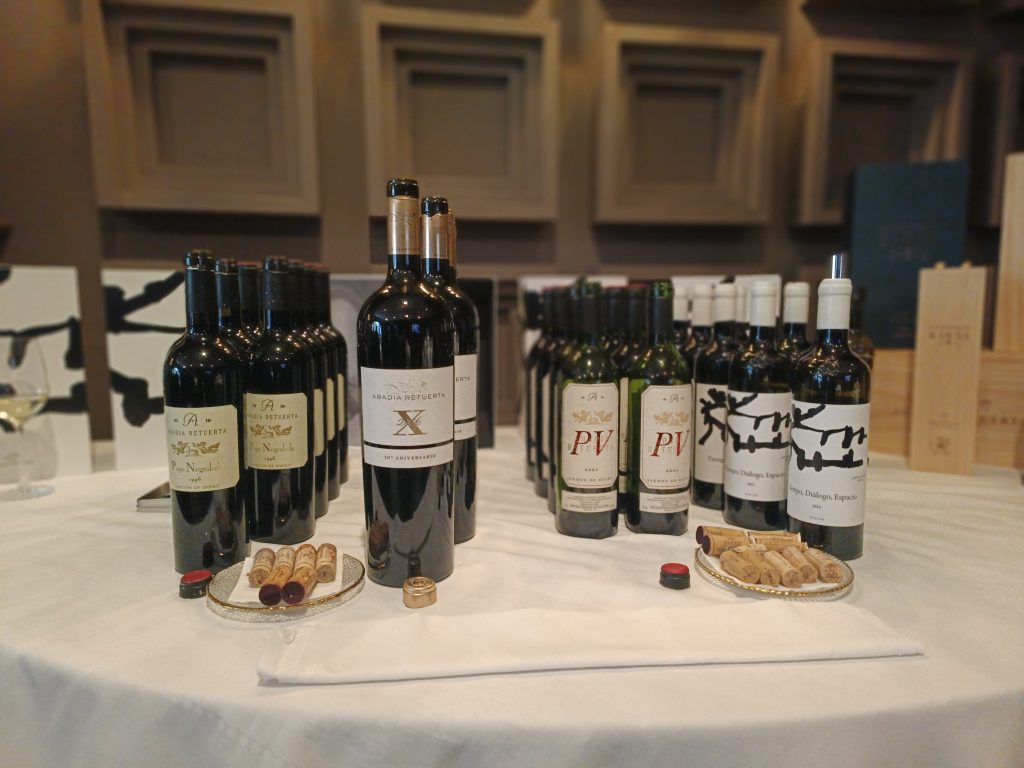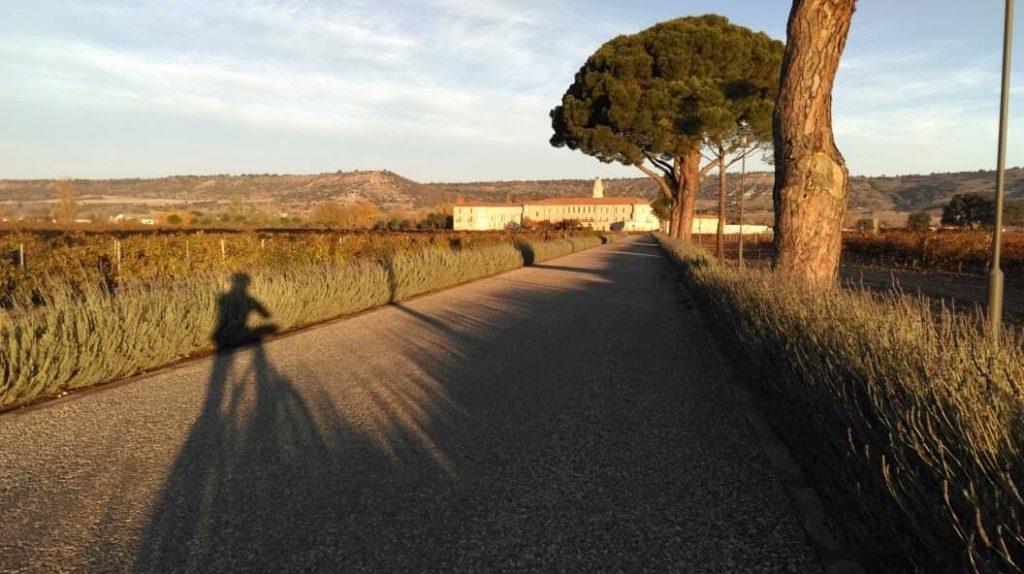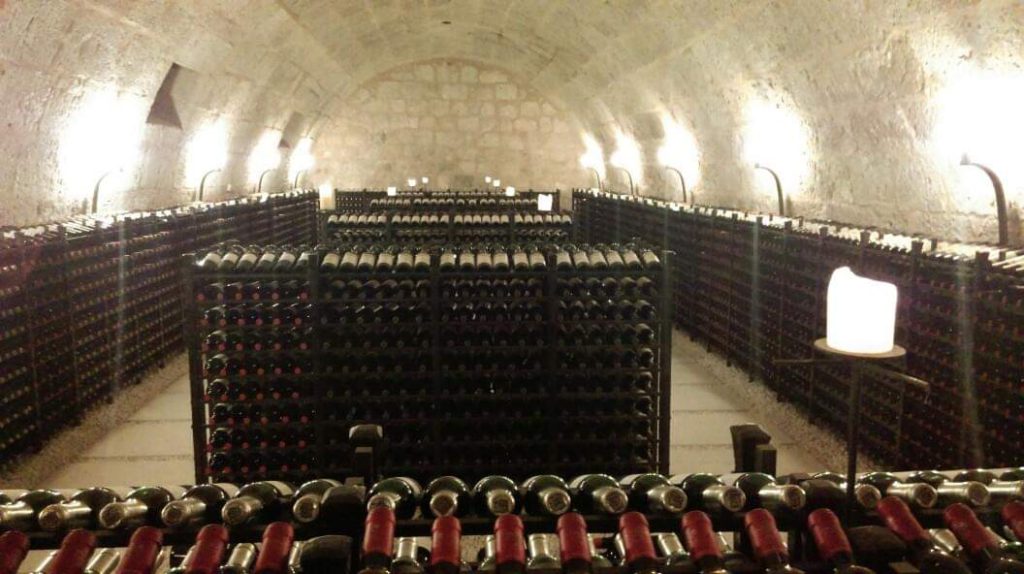Spain ‘needs to learn how to market our fine wines’, producer claims
Spanish fine wine producers need to invest more time, thought and money in positioning their wines where they deserve to be, according to Enrique Valero, general manager of Spanish winery, Abadía Retuerta.

Speaking to the drinks business at a recent lunch to showcase their wines, Valero said he “hates” the typical argument about Spanish wineries “that our quality/value relationship is the best in the market”.
“For me, that means you don’t know how to sell at the right position,” he said.
He argues that Spanish wine deserves a strong position in the wine list of the top restaurants in the world and as such “need to learn how to market our wine.”
“Why? Because you see here the territory, you see tradition, you see understanding the landscape. You see a lot of things that are values that you can enjoy in a glass of wine, and that, for me, is more important than a technical tasting,” he says. “I don’t think we should talk about all the countries and all the wine producers with the same terminology.”
In the past, producers talked to the consumer “like, this is not for you, you are not an expert. But come on! We need to make it accessible!”
“We need to talk more about concepts and time and enjoyment and trends and global warming, and less about tannins, second fermentation, malolactic fermentation,” he explained. “These things are necessary, but that is technical to talk to the consumer, and we need to think about how people will enjoy it, about the more than 2,000 years of history in Spain and how you connect with it.”
“You have here centuries of viticulture. So we need to learn how to market our wines.”
Partner Content
He argued, however that it is reaching that point where consumers, gatekeepers, journalists, buyers and sommeliers “really value what we do”.
“The only thing is that we need to invest more time, more thought and more money in positioning our wines where I believe they should be,” he said.
New PDO
In 2022, Abadía Retuerta won its own DOP Vino de Pago status – one of only 22 estates in Spain to do so. Although it sits at the end of the “Golden Mile” on the banks of the river Duero close to luminaries such as Vega Sicilia and Pesquera, when the DO Ribera del Duero boundaries were established in 1982, they stopped just short of its village of Sardón de Duero. Initially, the team tried to get the border extended to include them, but Valero admits that “we are not a typical Ribera del Duero”, and ultimately they decided to concentrate on terroir, joining the Grandes Pagos de España and looking to establish its own unique PDO under the Vino de Pago (singular state) qualification, something it formally set in motion ten years ago.

The recognition of its own Vino de Pago, acknowledges its own terroir and micro-climate – sitting between two 850m plains, it has old forests that help to regulate the humidity – and allows for experimentation outside the traditions of the DO Ribera del Duero. Although the 700-hectare estate has a long history of viticulture, when the estate and its beautiful 12th century monastery was bought by pharmaceutical firm Novartis in the 1996, the new owners planted 180ha with international grapes such as Cabernet Sauvignon, Syrah, Petit Verdot and Sauvignon Blanc, as well as with local variety Tempranillo.
The new PDO status will allow it to grow six different varieties in total which in turn will help it experiment for the future around climate change. It has also slightly changed the way the estate communicates and sells to its consumer, Valero says – but this is mainly due to it being better recognised for its consistency over the past thirty years, and the confidence that this has garnered from restaurants across Spain.
“The philosophy is the same toward the terroir, global warming and climate change, so nothing changed there,” Valero explains. “Our team is now more confident about what we have done in the last 30 years.”

Related news
Taste Spain London set for February 2026 debut




